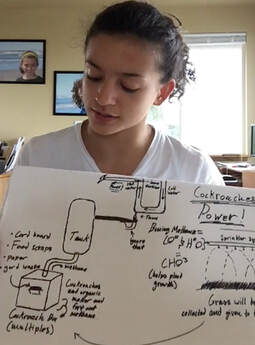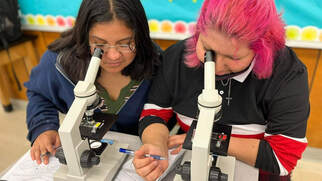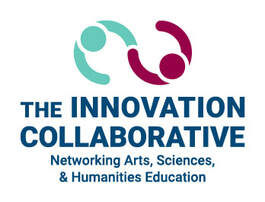creating innovation challenges for students The purpose of science competitions or science fairs in STEM education is to provide students with opportunities to experience and practice science as it is practiced and experienced in the real world. A Framework for K–12 Science Education argues that the principal aim of science is to create and critique evidence-based causal accounts of natural phenomena (NRC 2012). To support this, the Next Generation Science Standards have outlined “science practices” as a guide for reproducing authentic science learning in the classroom (NGSS Lead States 2013). Further, the Frameworks suggests that science progresses through discourse within the community of scientists and emphasizes that students should learn to communicate and argue about information and findings "clearly and persuasively" (NRC 2012 p. 53). So, how can authentic science experiences be supported in classrooms? To answer that question the independent research-based non-profit TERC, has created the Innovate to Mitigate project, which hosts open innovation challenges nationally for young people ages 13–18 to develop methods for mitigating global climate change. Past submissions have included projects in a wide range of domains (e.g., energy conservation, alternative energy generation, agricultural methods, or social/behavioral change). Read the full article HERE. Providing culturally relevant STEM pedagogy The Noyce STEM INSPIRES program, a collaboration between West Oso ISD, Texas A&M Corpus Christi, and the International Ocean Discovery Program (IODP). Texas A&M Corpus Christi, focused on providing secondary STEM teachers culturally relevant pedagogy for diverse student populations. The main goal of the NSF Noyce Scholarship program is to recruit, train, prepare, and retain highly effective elementary and secondary mathematics and science teachers (i.e., Noyce Scholar undergraduate teacher candidates) and teacher leaders in high-needs districts. Students participate in educational experiences that implement critical service-learning projects, reinforcing STEM grades 7–12 education for underrepresented groups in high-needs schools. Critical service learning is different than traditional service learning with its three-pronged approach. The community learning component provides experiences with community mentors, and university faculty with the Noyce INSPIRES team including West Oso ISD teachers. The program emphasizes the power of community and forge relationships between school district stakeholders, teacher candidates, and key community members for teacher candidates to become agents of change in their communities. In the first year of the grant, the Noyce INSPIRES team was able to partner with the International Ocean Discovery Program (IODP) and the Corpus Christi Museum of Science and History on a critical service-learning project benefiting the entire community. A local teacher who was a former director of educational activities for the IODP’s Deep Earth Academy was instrumental in bringing the NSF-funded, pop-up science exhibit In Search of Earth’s Secrets to West Oso ISD. The teacher worked aboard the IODP research vessel, JOIDES Resolution. The project intentionally requires the exhibit to travel to an accessible community site. Read the full article HERE.
0 Comments
Your comment will be posted after it is approved.
Leave a Reply. |
